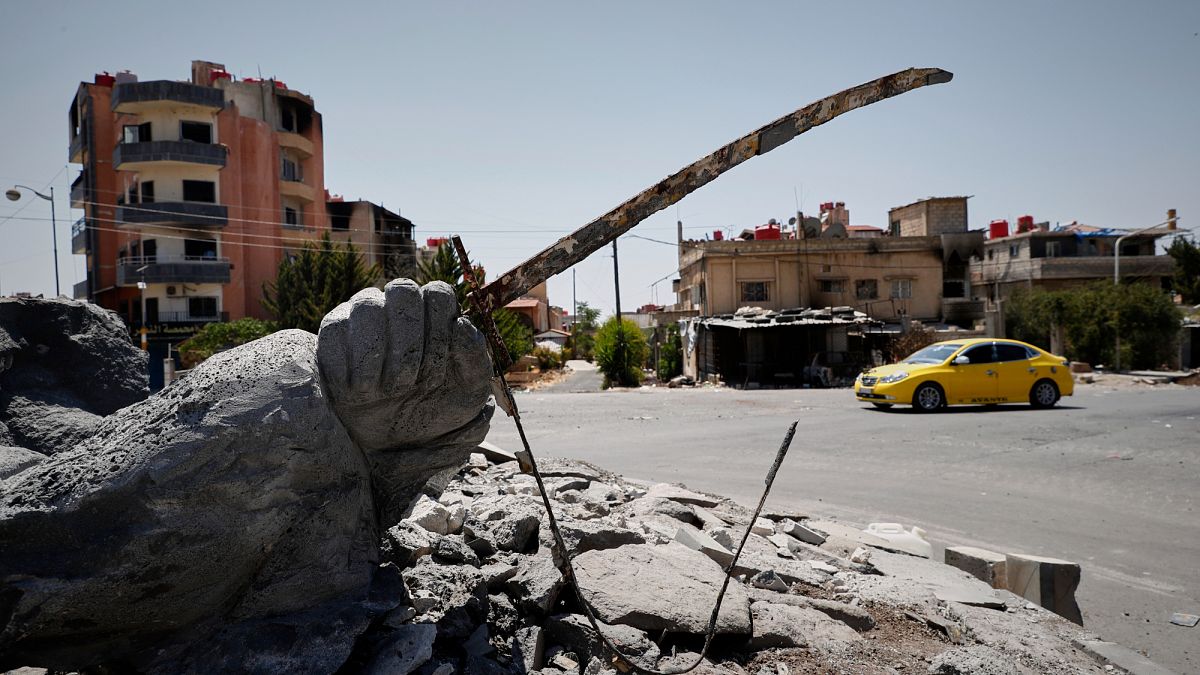

In recent days, various corners of the globe have witnessed significant events that hold the potential to reshape political landscapes and cultural narratives. From Syria’s parliamentary endeavors to contentious electoral reforms in New Zealand, and debates over film production locations, these developments provide a rich tapestry of global dynamics.
Syria is poised for a noteworthy political milestone as it prepares to hold its first parliamentary elections since the dethronement of the al-Assad regime. This announcement emerges amidst a backdrop of increasing unrest, particularly highlighted by violent confrontations in the Suwayda province involving Bedouin and Druze combatants. The elections represent a turning point, offering a glimmer of democratic hope and stability in a region marked by long-standing conflict. Observers and citizens alike are hopeful that this process might pave the way for more inclusive governance.
Moving to Europe, Hungarian Prime Minister Viktor Orban remains a focal point in the European Union’s intricate political landscape. Orban has firmly stated his intention to veto the EU budget in response to the ongoing stalemate over frozen EU funds allocated to Hungary. This announcement underscores enduring tensions between Brussels and Budapest, which have spanned numerous issues, most notably their divergent positions on the Ukraine conflict. As negotiations continue, the outcome of this financial impasse holds significant implications for the EU’s cohesion and future economic planning.
Meanwhile, in the realm of arts and culture, acclaimed filmmaker Christopher Nolan finds himself amidst a storm of controversy. His decision to shoot part of his upcoming epic “The Odyssey” in Dakhla, a city in the Moroccan-occupied Western Sahara, has drawn criticism from local film festival organizers. They express concerns that such a high-profile production could inadvertently legitimize Morocco’s longstanding occupation and the associated repression. The film, featuring an ensemble cast including Matt Damon and Charlize Theron, is slated for a 2026 release, adding complexity to an already sensitive geopolitical issue.
In the Southern Hemisphere, New Zealand’s government is facing domestic scrutiny over its proposed electoral reforms. Spearheaded by Prime Minister Christopher Luxon, the overhaul has been defended despite cautions from Judith Collins, the nation’s attorney general. Concerns center around potential breaches of human rights law and the disenfranchisement of over 100,000 voters, particularly impacting Māori communities. Key elements of the reform include earlier closure of voter enrollments and restrictions on activities near polling places, stirring considerable debate about their implications for democratic participation.
Each of these stories embodies a facet of the contemporary global landscape, demonstrating the intersecting currents of political change, cultural discourse, and regional tensions. As these narratives unfold, they underscore the importance of mindful engagement and informed discussions in addressing the challenges and opportunities of our interconnected world.
Source: {link}
